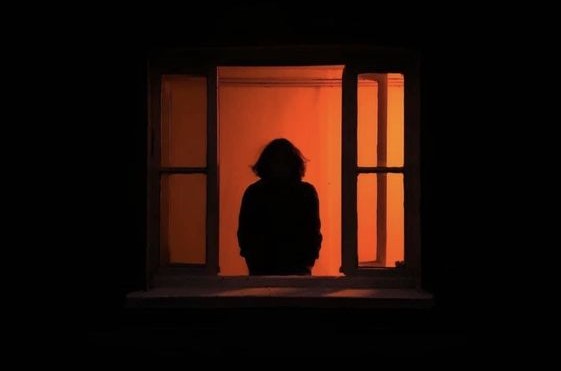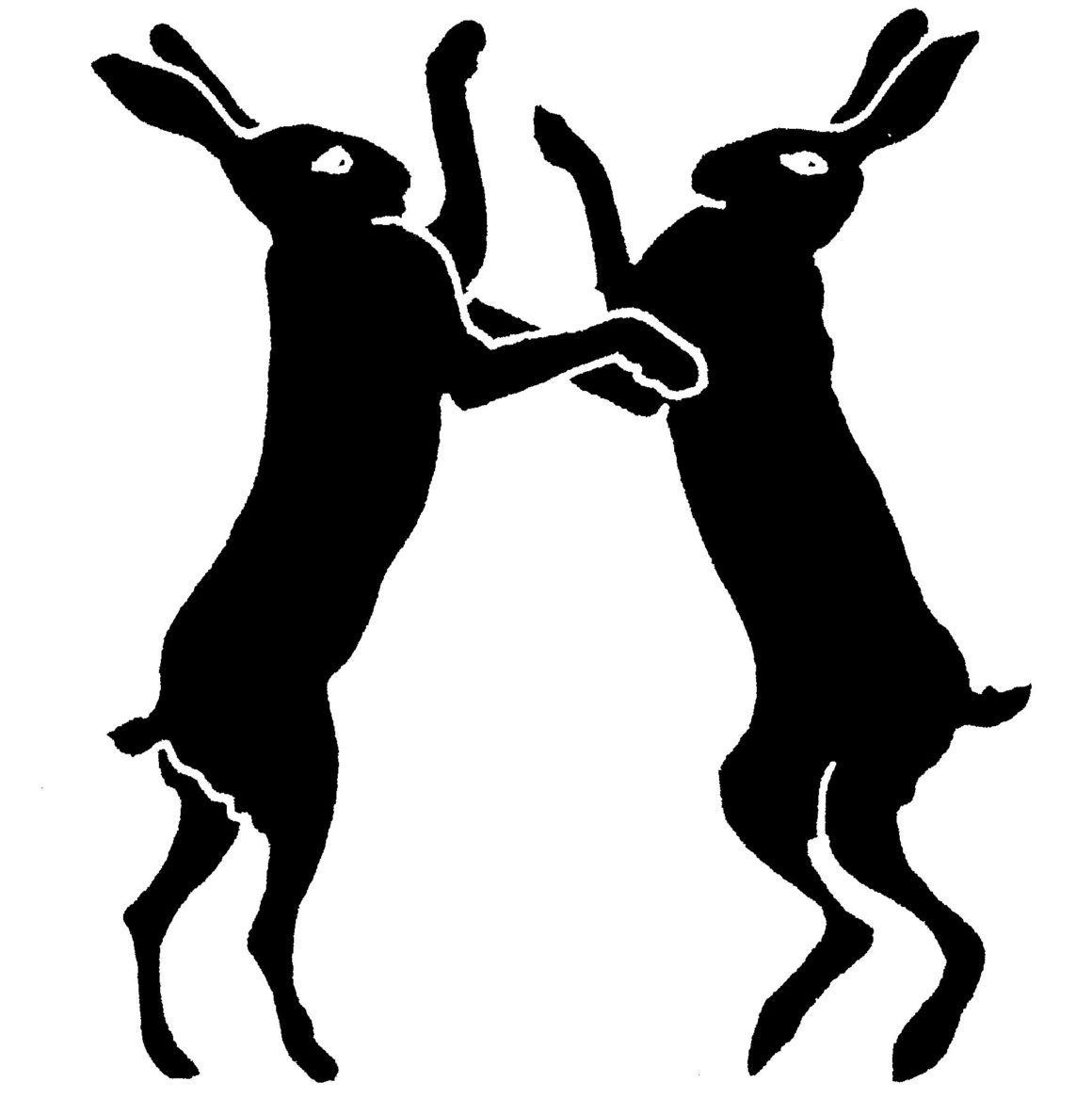Helen wakes at night and complains that there is something in her hair.
To begin with, my word that there is nothing there is sufficient to reassure her.
But, over time, she has grown convinced.
Typically, she wakes at 3 or 4 am.
She pulls at her hair and scratches her scalp.
‘Helen, please go back to sleep,’ I ask her.
But she sits there – frequently for twenty minutes or more – going through her hair with her hands. ‘There’s something there, Kevin. I can feel it,’ she says.
Often, she’ll put on the light and go and do the same at her dressing table, or in the wardrobe mirror – investigating her hair: separating it, pulling it, hunting her way through its strands with her fingers.
If I’m… we’re… lucky, she gives up after a time and returns to bed.
But invariably she’s then restless for what remains of the night: reaching for her hair; pawing at it on her pillow.
All this began three or four weeks ago.
Recently, the situation has become worse.
She gets out of bed to shower in the middle of the night. It’s not uncommon for this to happen twice.
The sound of the shower tends to wake me – our bedroom has an en-suite.
I don’t argue with her because, generally, when she’s done, she’s happier and more relaxed. Yet at the same time I have noticed how her hair is getting thin and lifeless.
These days Helen works from home, like many.
In that side of her life, she is calm and efficient and excellent in her role.
But she hasn’t gone beyond our garden since this thing with the virus began. And, never mind that we now live in one another’s pockets, I have the sense that the two of us have never been further apart.
One morning a few days ago the shower filled with water around my ankles.
I found wads of Helen’s washed-away hair, clogging the pipe from the base.
I pulled it free through the holes in the metal cover.
Doing so, I had the unpleasant sense that I was somehow uprooting it from her skull: that an awful version of Helen was down there, in the exit.
I have thought about calling her sister and telling her what’s going on. But she and Helen haven’t spoken in years, and, to date, I have left it (figuring it would be a weird thing to call Diane about after all of this time).
*
A few nights ago, Helen showered three separate times. When I tried to enter the bathroom, she locked the door from inside.
I heard the spray of the shower start over.
‘This isn’t normal, Helen!’ I shouted. ‘This isn’t normal behaviour!’
*
I’ve taken to walking our neighbourhood at night.
I walk hoping that when I return Helen will have settled and gone to sleep.
I’ve come to find the experience of these walks enlightening.
It’s surprising how much you can see after dark: the colours of curtains in windows (where people are awake); laundry on lines strung from the fire escapes of flats; the figures of saints faintly illuminated in the stained glass of our (locked) local church, where a low-watt light bulb has – for some reason – been left on.
*
Months ago, during our first or second lockdown, early in our imposed remoteness from the rest of the world, a crew from the council cut down the silver birch that had stood for years on the pavement outside our house.
I ran out of our front door on catching sight of their helmets and hi viz through our lounge window and hearing the buzz of their saw.
They went on cutting, claiming the tree was diseased. I told them that that was bullshit and that there was nothing wrong with its health.
They told me to go back inside, saying that if I was going to cause ‘a scene’ they’d call the police.
Beyond our gate now, all we have of the birch is its stump.
It stands there like a small person, maybe a child, that has been made to wait (for I don’t know what).
On my night walks, I have noticed that the stump is covered with a strange fungus – like a kind of spittle… which is perhaps not the sort of thing that registers with a passer-by in the day.
Come dark, this coating is conspicuous thanks to the streetlamp that stands outside the house next to ours.
The fungus is the first and last thing I see on my outings.
It seems to like the sodium light.
I believe it to be a product of the felling rather than its cause.
I have felt the growth with my fingers.
It is cold, wet and somewhat sticky, like sauce or gravy that’s been left on a plate.
The stump has a smell that makes me think of our bathroom, which has a damp patch on the ceiling that’s also creeping its way over one of the walls.
Although I haven’t told her (for fear of upsetting her), it‘s a smell that Helen – perhaps through her excessive self-cleansing – seems to have acquired.
At first, she came back to bed smelling of chemicals and soap. Lately, her aroma has been closer to that of our town’s old canal, whose dripping tunnels and brambled banks I sometimes walk when it’s light.
*
I have wondered – and still wonder – how our lovely birch can have been so cruelly – and casually – brutalised.
In the way that street trees do, especially stumps, it has started to harbour odd scraps – at its base and in what’s left of its bark. Sweet wrappers, rubber bands, ring pulls and – so it seemed to me one night – human hair (a woman’s… by its length), caught in a split in the wood at the top, where the trunk was cut by the council crew.
*
Helen’s hair has gotten so thin that it’s barely there now.
In bed, I say to her that everything will soon be ‘normal’, that it’s only a matter of time… now that we’re all getting tested and jabbed.
I have the strong sense that she doesn’t believe me.
Lying on my pillow, neither do I.
*
After so long in one another’s pockets (‘getting in each other’s hair’), Helen and I live apart now. She has the house. I’m somewhere else.
At times, without intending it, my night walks take me to our… her… door.
Occasionally there’s a light on; more often there is not.
The object of my attention is the small window that’s frequently ajar on the side of our house. It’s the one to the bathroom off our bedroom.
I stand there and I listen for the splats of shampoo that I suspect must be falling at Helen’s feet in the shower.
The birch – its stump – attracts my eye also. It seems to… witness, to… know.
And I stand there like that and I listen, in the soft dark and the quiet of our town, and I wonder just when and how we shall ever grow back.





